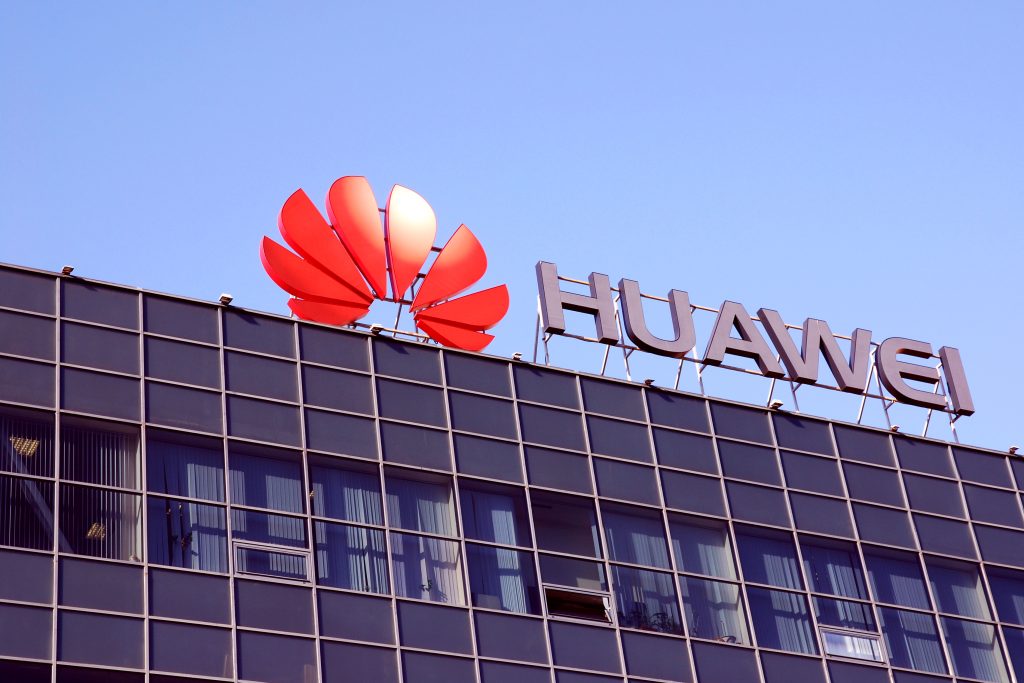Huawei and ITU sign joint declaration to drive digital development in Asia Pacific
The collaboration will focus on key areas, including ICT policy and regulation, joint research, inclusive infrastructure, digital capacity-building, girls and youth empowerment, and digital practice-sharing.

Huawei Technologies (Thailand) Co., Ltd and the International Telecommunication Union (ITU) have signed a Joint Declaration at ITU’s Asia-Pacific Regional Development Forum in Bangkok. This collaboration aims to drive digital development and inclusive growth in Thailand and the Asia Pacific region. The parties have committed to enhancing cooperation in key areas, including ICT policy and regulation, joint research, inclusive infrastructure, digital capacity-building, girls and youth empowerment, and digital practice-sharing.
ITU’s ‘Connect 2030 Agenda for Global Telecommunication/ICT Development’ is highlighted as a framework for leveraging technology to accelerate the achievement of the UN sustainable development goals by 2030. This demonstrates a commitment to using digital technology to address global challenges and improve the quality of life for people worldwide.
ITU plans to organise a Generation Connect student team to join Huawei’s Seeds for the Future China tour, providing firsthand experiences of the latest digital innovations and applications. Additionally, the two parties will further explore policies, digital infrastructure, and industry ecosystems essential for fostering the development of the digital economy in the Asia Pacific region.
Why does it matter?
The collaboration between Huawei and ITU through the signing of the Joint Declaration signifies a significant step towards driving digital development and inclusive growth in Thailand and the Asia Pacific region. By leveraging technology and collaboration, this partnership aims to bridge the digital divide, promote digital inclusion, and contribute to achieving the UN sustainable development goals by 2030.
